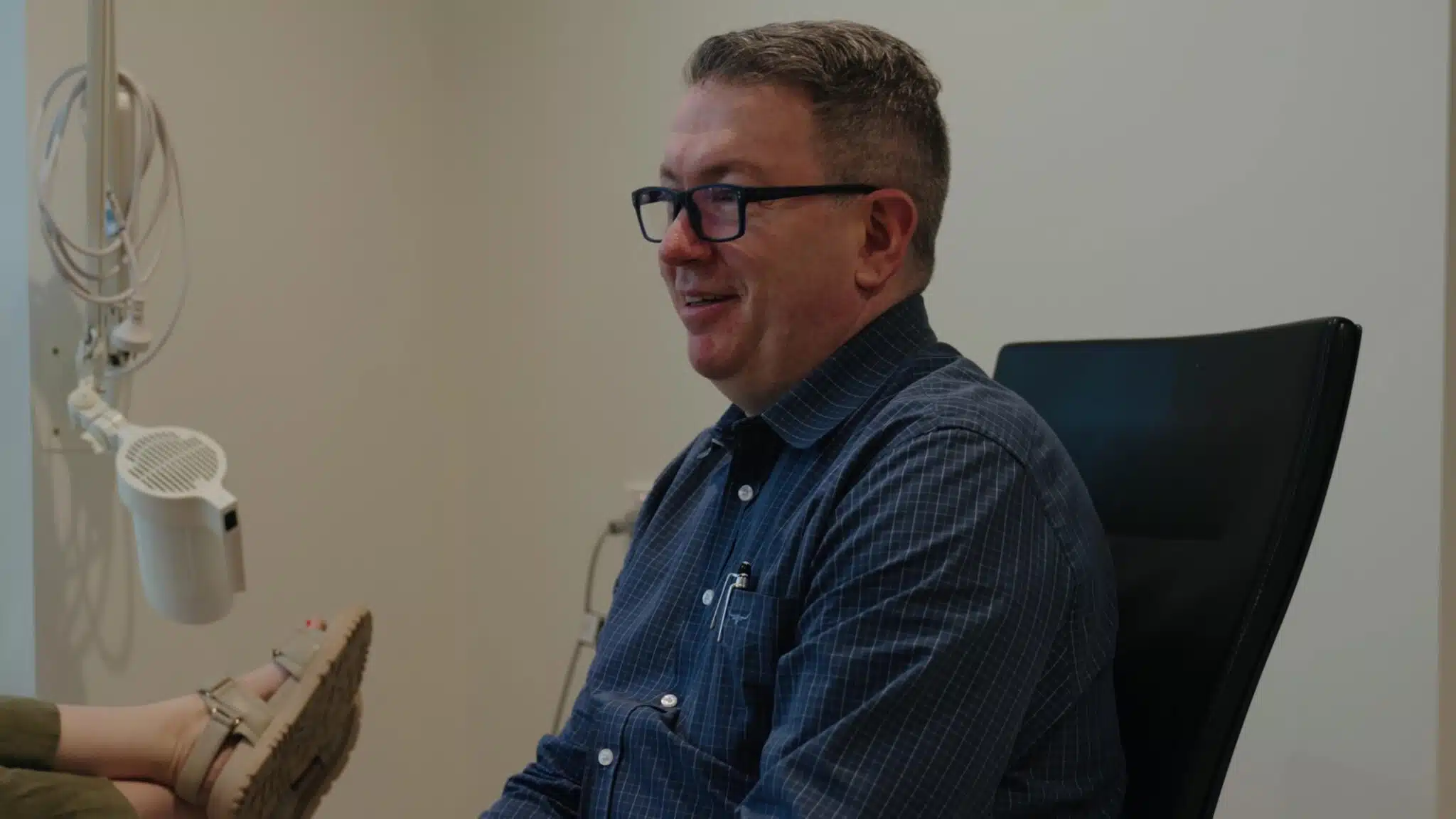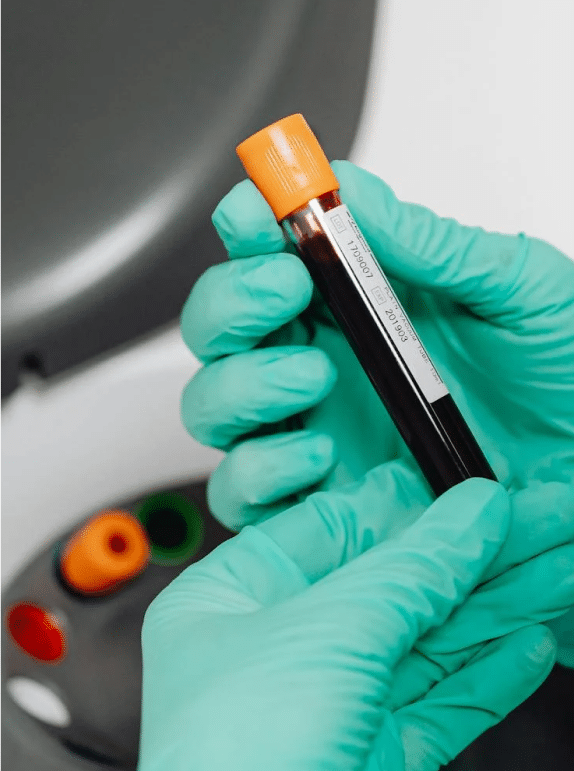
Dr Anthony Marren CREI
Medical Director - Genea Sydney

Taking the time to truly listen during consultations allows me to provide the support my patients need. Providing clear and helpful information is a priority, empowering couples to make informed decisions about their fertility treatment.

After obtaining my medical degree from the University of Newcastle, I was awarded the Faculty of Medicine Medal, recognising academic excellence throughout the B. Medicine program. I then went on to complete a Master of Medicine in Reproductive Health and Human Genetics at the University of Sydney.
My training in Obstetrics and Gynaecology at Sydney’s Royal Prince Alfred Hospital led to becoming a Fellow of the Royal Australian and New Zealand College of Obstetricians and Gynaecologists. I am also a certified sub-specialist in reproductive endocrinology and infertility (CREI) after an additional three years of advanced training.










Reproductive surgery can help resolve physical issues affecting fertility, such as blocked fallopian tubes or endometriosis. As a skilled laparoscopic surgeon, I specialise in minimally invasive reproductive surgeries to address these complex conditions and enhance fertility potential.

Preimplantation Genetic Testing (PGT) is a procedure in IVF that screens embryos for chromosomal or genetic conditions before they are transferred into the uterus. PGT helps identify embryos with the highest potential for a healthy pregnancy, reducing the risk of miscarriage and genetic abnormalities, ultimately improving IVF success rates.

If you are ready to start your family, a preconception consultation is an invaluable first step. We'll review your health history, lifestyle, and any other concerns you might have, to set you up for a healthy pregnancy journey.

Sperm and egg donation allows individuals or couples to pursue parenthood with the help of a donor. Donor sperm or eggs can be used for in vitro fertilisation (IVF) offering an option for those facing fertility challenges or genetic concerns. I have existing partnerships with sperm and egg banks but also support patients who are using their own known donors.

A surrogate is someone who carries a baby for intended parents. This can involve the surrogate’s own eggs or the eggs of the intended mother or a donor (gestational surrogacy). In Australia, surrogacy is regulated with specific legal requirements. I will help you navigate each step of the process, ensuring you’re fully informed and supported throughout.
Offering comprehensive, evidence-based fertility treatments for both women and men is at the heart of my practice. I bring expertise as a laparoscopic surgeon, specialising in complex procedures such as endometriosis and fibroid surgery.
My special interests include the investigation and management of recurrent pregnancy loss, recurrent implantation failure, and pre-implantation genetic testing. I am also experienced in providing fertility preservation options for individuals preparing for chemotherapy, ensuring personalised care during challenging times.


As a Sydney-based fertility specialist, I support individuals and couples with navigating evidence-based fertility treatments and preservation options to give them the best possible chance of achieving their family goals.
Any individual regardless of relationship status, gender, or sexual orientation who wishes to achieve a pregnancy or take steps to preserve their fertility has the right to a fertility assessment and treatment.
Those treatments that hopefully result in a successful pregnancy (e.g. ovulation tracking, ovulation induction (OI), intrauterine insemination (IUI), and in vitro fertilisation (IVF) will typically take 1-month.
Egg freezing cycles typically will take 2-weeks.
Cycles that require chromosome/ genetic testing of embryos and then their subsequent transfer will take approximately 2-months.
A GP referral will provide a summary of your history and any investigations performed. It also enables a Medicare rebate for the consultation.
Please obtain any summaries from any prior fertility cycles. Especially the MONITORING and EMBRYOLOGY pages.
Consider what you would like to achieve from the first consultation and write down any questions you have.
PGT = pre-implantation genetic testing of embryos.
Embryos have 5-10 cells removed at the day 5 - 6 stage (Blastocyst).
The genetic material within these cells is amplified (copied multiple times). This enables the chromosome and genetic structure of the embryo to be assessed.